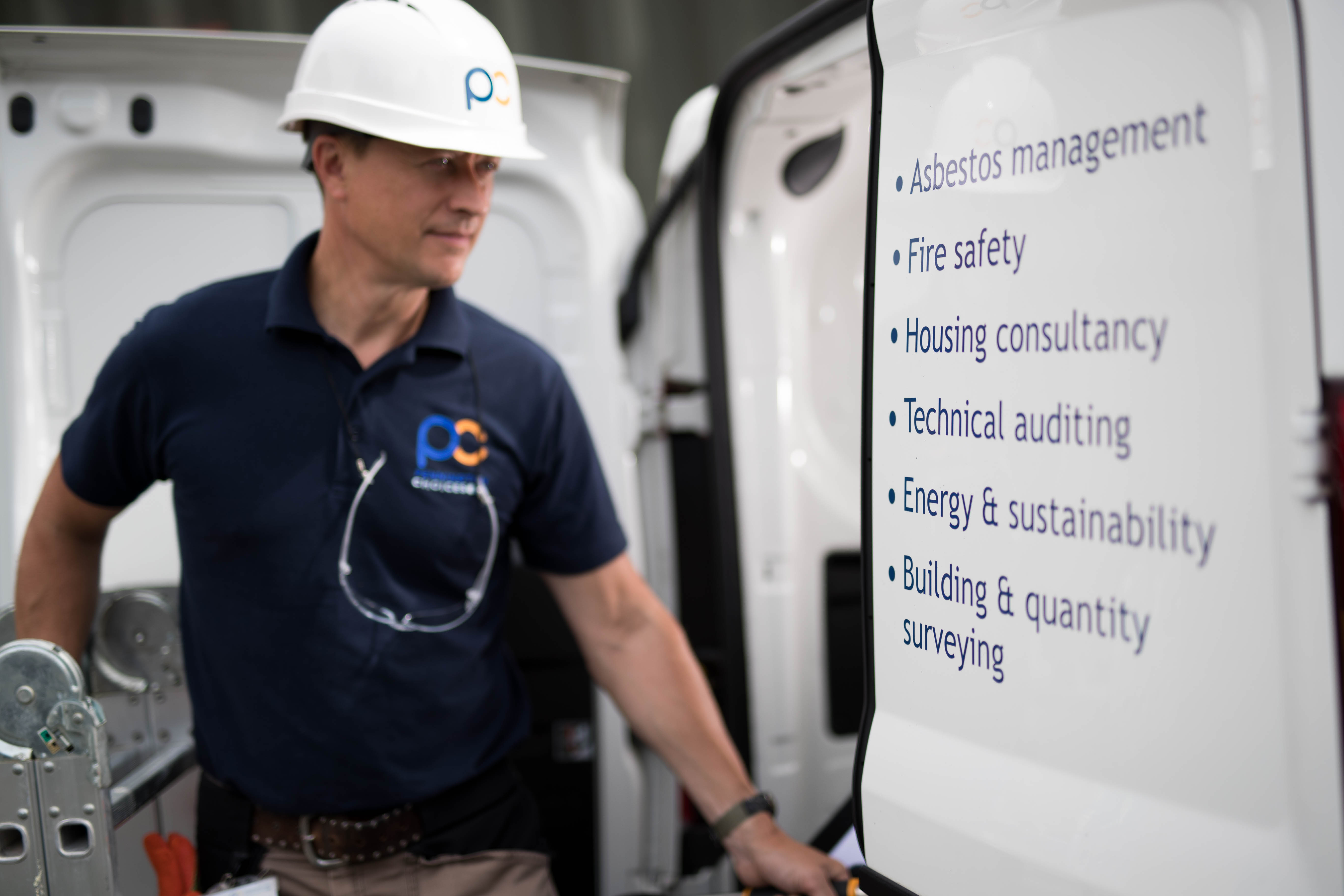Sign up to our newsletter
Planning a large-scale project such as an upgrade to an existing hospital ward or a medical centre requires a great amount of financial forecasting. This is no easy task, particularly when dealing with public funds and multiple different contractors. However, by employing a proficient cost advisor, a project manager can ensure that the funds involved are used to the greatest effect.
There are seven key roles that a proficient cost advisor should fulfil during a project, each with their individual benefits to the build. To ensure that you are hiring a proficient cost advisor, you should ensure that they take on each of these roles:
1. Cost planning
For projects such as a new hospital wing to get the green light from the board, they must prove that they are financially efficient, both in the cost of construction and future costs of the building. Cost planning is essential in predicting the cost of the build and the life cycle costs that the building will incur.
Cost planning also plays a role in assessing the sustainability of a building in terms of carbon use, which is an increasingly important factor to consider as the government’s plans for the NHS to be ‘carbon zero’ by 2050.
A good cost plan should:
- Use current market testing/knowledge from historical projects, to refine costs through estimates.
- Initiate discussion within the design team regarding levels of, and alternative specifications.
- Provide practical and honest advice on costs and suggestions regarding available options eg. buildability and alternative methods of construction.
2. Cost control
To ensure that a project is being controlled financially, a good cost advisor should monitor and control costs in an effective manner. To do this, a clear and thorough process should be implemented, encompassing the emergence and agreement of any potential changes to the project from conception to completion.
By introducing a process, the client should be able to make informed and accurate decisions when regarding the project by ensuring that the maximum amount of information is afforded to them.
3. Procurement advice
Reviewing procurement options can be time-consuming, but it is an important part in ensuring best value cost levels for a project. A good cost advisor will offer procurement advice that ultimately will help to deliver projects by the most cost efficient route, providing confidence and assurance whilst matching the aspirations of the client.
Delivering the optimum procurement route in this manner significantly enhances client control on the project, whilst identifying and reducing/mitigating risk.
4. Tender documentation
Being able to accommodate the needs of the client is essential to the cost advisor. They should have both the experience and the ability to produce bills of quantities, schedules of work, employers requirements and builders quantities, to ensure that an accurate and thoroughly market tested cost can be achieved.
These methods make certain that the optimum cost is achieved for a project and the client has the security that best value has been achieved. At this point the client has full confidence that the cost for the specified works will not fluctuate.
5. Benchmarking
Benchmarking is the practise of comparing previous information on past projects and their costs to provide invaluable cost information through comparative analysis.
A good cost advisor should be constantly tracking the construction market and trends to ensure that they are able to provide accurate and timely advice. They should also subscribe to publications such as BCIS (Building Cost Information Service), which stores thousands of cost analyses for a wide variety of projects.
6. Whole life costing
Whole life costing is the process of calculating the lowest cost options for the entire commercial life of a building. It allows the cost advisor to confidently evaluate investment options available to clients by considering all potential costs to them over a given time period.
It also enables clients to gain a clear depiction of the building running costs. These would include planned and unplanned maintenance, security, energy, through to cleaning and any other specific services.
7. Business case costing
A proficient cost advisor should have a detailed knowledge of the NHS Capital Investment Manual (and Business Case Guide) and the procedures/activities therein, in order to prepare the business case cost forms.
Experienced cost advisors will know what questions to ask to obtain the relevant information in order to provide robust cost estimates, sometimes with minimal surveys or drawings. This is invaluable when considering various options for a given project.
Having a strong knowledge of NHS and non-NHS projects allows the cost advisor to compile public sector comparators as a further option on benchmarking to show value for money.
How we can help
Pennington Choices provide various project-specific roles, including cost advisor, across projects of all sizes. All work that we produce is based on your project’s specific requirements, be it cost, time or quality.
Our personal and professional approach to providing services will ensure that best value is obtained for the client. A strong and open relationship with both client and contractor are central to our ethos and further ensure a project is delivered at optimum value. Working on a large variety of projects has equipped us with the knowledge and expertise to exceed expectations at any level.
Find more on how Pennington Choices can help you appoint the right cost advisor here. To speak to one of our experienced quantity surveyors, give them a call on 0800 883 0334 or email asktheexperts@pennington.org.uk.
.webp?width=600&height=150&name=Pennington%20Choices%20Logo%20(reduced).webp)




